 https://sammechanical.com/wp-content/uploads/2026/01/Improving-Hospital-Air-Quality-Standards-A-Facilities-Guide.jpg
1250
2000
AbstraktMarketing
/wp-content/uploads/2024/01/sam-logo-crete-300x154.png
AbstraktMarketing2026-01-20 08:23:532026-01-20 08:23:57Improving Hospital Air Quality Standards: A Facilities Guide
https://sammechanical.com/wp-content/uploads/2026/01/Improving-Hospital-Air-Quality-Standards-A-Facilities-Guide.jpg
1250
2000
AbstraktMarketing
/wp-content/uploads/2024/01/sam-logo-crete-300x154.png
AbstraktMarketing2026-01-20 08:23:532026-01-20 08:23:57Improving Hospital Air Quality Standards: A Facilities GuideWhat to Consider When Upgrading Your HVAC System
Your commercial HVAC systemplays a vital role in creating a comfortable and productive work environment. Prioritizing regular system upgrades can deliver long-term cost savings, higher energy efficiency, and a more pleasant indoor climate. However, these benefits can only be realized if you make thoughtful and informed decisions during the upgrade process. This guide explores various aspects to consider when upgrading your commercial HVAC system, taking you through the basics of these systems, key determining factors, potential upgrade options, and the advantages you stand to gain from the upgrade.
Understanding the Basics of HVAC System
At the heart of any comfortable commercial space lies an efficient HVAC system. These heating and cooling systems regulate indoor air quality and temperature levels. They effectively remove airborne particles such as pollen and dust, enhancing indoor air cleanliness. Upgrading your HVAC system periodically is essential to ensure your units continue functioning optimally.
Importance of Regular HVAC Maintenance and Upgrades
Regular HVAC maintenance and upgrades ensure the system performs optimally, improves indoor air quality, and prolongs equipment longevity. Keeping a well-maintained HVAC system not only results in cleaner air but also boosts energy efficiency, significantly reducing energy costs. This can translate into substantial savings, particularly in commercial facilities where HVAC accounts for a significant percentage of energy usage.
Factors to Consider When Upgrading Your HVAC System
Whether you’re upgrading your commercial HVAC system due to aging components or improving performance and efficiency, there are some important factors to consider.
Energy Efficiency and the Role of SEER Ratings
Seasonal Energy Efficiency Ratio (SEER) rating is crucial for assessing an HVAC system’s energy efficiency. The higher the SEER rating, the less energy the equipment consumes during operation. For example, an air conditioner with a higher SEER rating can save kilowatt-hours, decreasing energy costs over the system’s lifetime.
The Size of Your HVAC System
Proper HVAC equipment sizing is crucial for its efficient operation. The system’s capacity should match the building’s heating and cooling load requirements to avoid energy wastage and premature wear. Oversizing an HVAC system can lead to short-cycling and unnecessary energy usage, while an undersized HVAC can’t adequately cool or heat a building.
HVAC System Compatibility
Upgrading your HVAC system is only beneficial if the tune-ups you implement are compatible with your infrastructure. Check if the upgraded HVAC system would be compatible with your building’s infrastructure. The system’s location, ductwork, and connections should suit your facility.
Maintenance Requirements
It’s essential to consider the specific maintenance needs of equipment before upgrading your HVAC system. Choosing equipment with accessible components and intuitive maintenance procedures can streamline servicing and extend the system’s lifespan. Ensure your chosen HVAC provider can perform and schedule the required maintenance regularly.
Future Expansion and Adaptability
When upgrading your HVAC system, consider future expansion and changes in your building. Choose adaptable systems that are flexible enough to accommodate expansions or modifications without major redesign or replacement. For instance, consider a zoning system that can easily be adjusted to accommodate changes in heating and cooling needs.
Cost-Benefit Analysis
Before upgrading your HVAC system, performing a cost-benefit analysis is crucial. This involves weighing the upfront costs against potential long-term savings and operational benefits. In most cases, the initial costs of HVAC system upgrades are offset by the sustained savings from improved efficiency over the system’s lifespan.
From scheduled maintenance to sizing your HVAC systems, SAM Mechanical Services can ensure your facility is prepared for future upgrades that can enhance the performance of your heating and cooling.
Exploring Commercial HVAC Upgrade Options
When you decide it’s time to upgrade your HVAC system, exploring different options is essential. Not every commercial facility has the exact needs, and each HVAC upgrade provides unique benefits.
Central Air Conditioners and Heat Pumps
A central air conditioner can be a good upgrade if you have ample commercial space and want to maintain a consistent temperature. These systems are built to effectively regulate temperature levels throughout a large area. Additionally, heat pumps can be an excellent choice for climates with moderate heating and cooling needs. They work by moving heat instead of generating it, making them highly efficient. Plus, they provide both heating and cooling services, which could save space and installation costs.
These systems have evolved over the years, with improvements like variable speed blowers and programmable thermostats increasing their energy efficiency. They can also be combined with an air cleaner or air scrubber to improve indoor air quality by removing airborne particles and other pollutants.
Ductless Mini-Split Systems
Ductless mini-split systems offer a flexible and efficient option for buildings with specific heating and cooling needs. These systems provide temperature control on a room-by-room basis, making them perfect for spaces with varying occupancy or temperature levels.
These systems also take up less space than conventional HVAC systems, which can be a bonus for smaller facilities or those with unique architectural features. Additionally, because mini-split systems don’t require ductwork, you’ll save time and money on installation.
Smart HVAC Solutions
Smart HVAC solutions can help businesses enhance user experience and drive efficiency. These systems can be paired with smart thermostats, allowing you to automate temperature settings and significantly reduce energy costs.
They can also contribute to improved indoor air quality. Some smart HVAC systems incorporate high-tech features like activated carbon filters or air scrubbers. These components can remove smaller particles from the air, providing superior air filtration and making your workspace cleaner and safer.
High-Velocity HVAC Systems
High-velocity HVAC systems are another energy-efficient option for commercial facilities. These systems use small, flexible ducts that can be easily routed through existing construction, making them ideal for retrofitting older buildings. Their unique design also allows for more uniform air distribution, reducing drafts and hot spots.
Geothermal Heat Pumps
Consider a geothermal heat pump if you’re looking for a long-term, energy-efficient solution. These systems use the earth’s stable temperature to provide heating and cooling, which can significantly reduce your kilowatt-hour usage.
Although they can be more expensive to install, geothermal pumps save energy costs over time. They also benefit the environment, producing fewer greenhouse gases than traditional HVAC systems.
The Benefits of Upgrading Your HVAC System
Upgrading your HVAC systems offers numerous benefits that can positively impact your commercial business operations, occupant comfort, and bottom line. Some notable advantages include the following:
Improved Energy Efficiency
One of the obvious benefits of an HVAC upgrade is that it can make your commercial facility more energy-efficient. Whether through better insulation, zoned temperature control, or improved technology, an upgraded system can decrease the amount of energy wasted, saving you money and helping the environment.
Equipment Longevity
Another benefit to consider is the life of your equipment. Updating your HVAC system could mean getting a machine that lasts longer and performs better over time. Regular maintenance, combined with a modern, quality system, can result in fewer breakdowns, lower repair costs, and a longer operational life for your HVAC equipment.
Cost Savings
While the upfront cost of an HVAC upgrade can be significant, the long-term savings can be even more impressive. A more efficient system means lower energy bills every month. Plus, newer models are often more reliable and require less frequent repairs, saving you on maintenance costs.
Optimized Performance and Indoor Comfort
Few things affect the comfort of a commercial building more than its temperature and air quality. A well-tuned, modern HVAC system promotes a comfortable work environment, leading to happier, more productive employees. Plus, improved air filtration technology can reduce the number of airborne particles and allergens, resulting in better overall indoor air quality.
Choosing to upgrade your HVAC system is a major decision that can have a significant impact on your facility. By carefully weighing all your options, you can select an HVAC upgrade that best fits your needs and offers the greatest benefits. If you need guidance about which HVAC upgrades are best suited for your facility, turn to the experts at SAM Mechanical Services.
Upgrade Your HVAC System With SAM Mechanical Services
SAM Mechanical Services stands at the forefront of enhancing commercial HVAC systems, offering a comprehensive suite of solutions tailored to optimize longevity, efficiency, and cost-effectiveness. Our dedicated team of experts is committed to providing top-notch upgrades, maintenance, and inspections, ensuring your HVAC equipment operates at peak performance levels. With our prompt and reliable service, clients can rest assured that their systems are capable of delivering optimal comfort and productivity.
Trust SAM Mechanical Services to elevate your commercial HVAC experience, transforming challenges into opportunities for efficiency and sustainability. Contact us today to get started.
Share This Post
More Like This
 https://sammechanical.com/wp-content/uploads/2026/01/Improving-Hospital-Air-Quality-Standards-A-Facilities-Guide.jpg
1250
2000
AbstraktMarketing
/wp-content/uploads/2024/01/sam-logo-crete-300x154.png
AbstraktMarketing2026-01-20 08:23:532026-01-20 08:23:57Improving Hospital Air Quality Standards: A Facilities Guide
https://sammechanical.com/wp-content/uploads/2026/01/Improving-Hospital-Air-Quality-Standards-A-Facilities-Guide.jpg
1250
2000
AbstraktMarketing
/wp-content/uploads/2024/01/sam-logo-crete-300x154.png
AbstraktMarketing2026-01-20 08:23:532026-01-20 08:23:57Improving Hospital Air Quality Standards: A Facilities Guide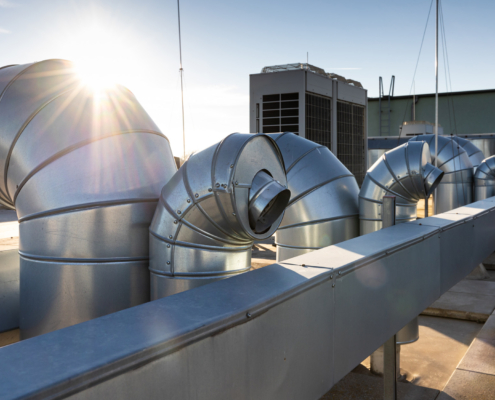
The Hidden Costs of Neglected Steam Systems: Steam Trap Repair
Commercial HVAC
Winter Is Coming: How to Winterize Your HVAC System
HVAC Preventative Maintenance, Maintenance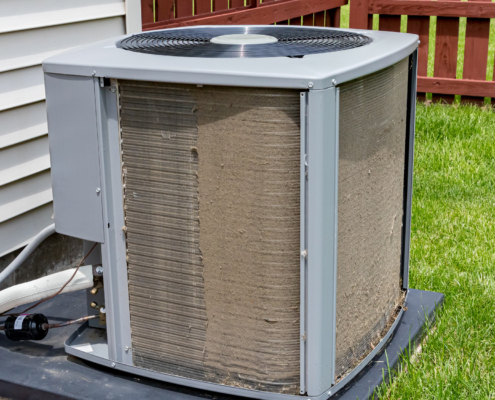 https://sammechanical.com/wp-content/uploads/2025/09/Fall-HVAC-Maintenance-Checklist-Every-Homeowner-Should-Follow.jpg
1250
2000
AbstraktMarketing
/wp-content/uploads/2024/01/sam-logo-crete-300x154.png
AbstraktMarketing2025-09-18 14:46:242025-09-25 15:57:35Fall HVAC Maintenance Checklist Every Homeowner Should Follow
https://sammechanical.com/wp-content/uploads/2025/09/Fall-HVAC-Maintenance-Checklist-Every-Homeowner-Should-Follow.jpg
1250
2000
AbstraktMarketing
/wp-content/uploads/2024/01/sam-logo-crete-300x154.png
AbstraktMarketing2025-09-18 14:46:242025-09-25 15:57:35Fall HVAC Maintenance Checklist Every Homeowner Should Follow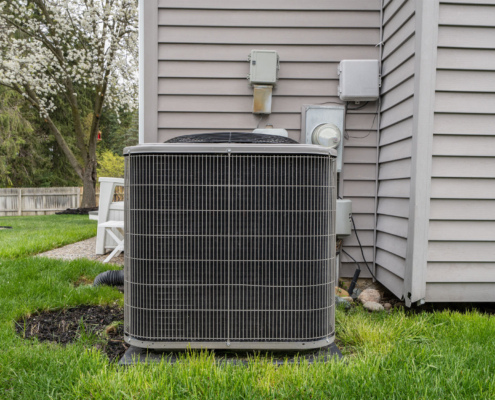
DIY Residential HVAC Care vs. Hiring a Professional: Which Is the Right Move?
Maintenance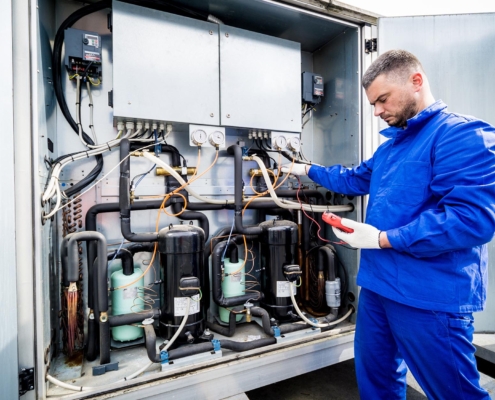
The Top Commercial HVAC Solutions for New Hampshire Businesses
Commercial HVAC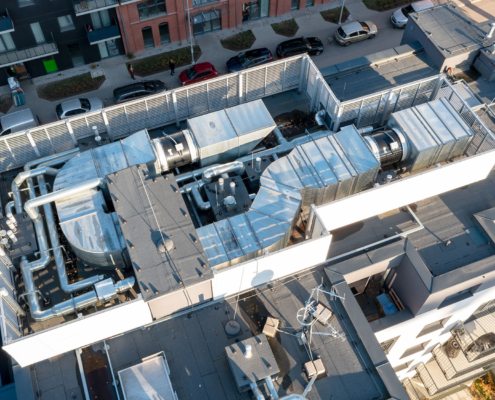
Why Regular Heating System Maintenance Is Critical for Commercial Operations
Commercial Heating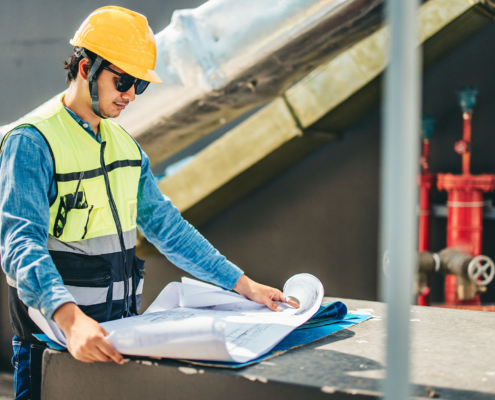
The Financial Benefits of a Commercial HVAC Upgrade
Commercial HVAC, Industrial HVAC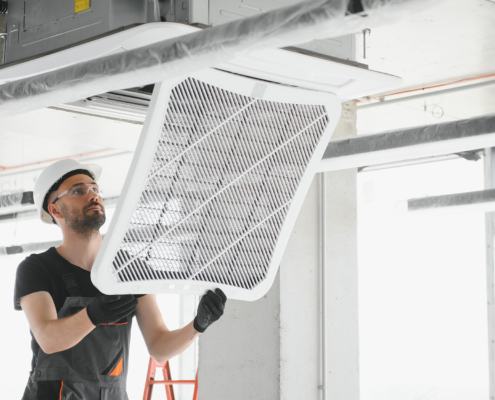
The Role of HVAC on Indoor Air Quality
Air Quality, Industrial HVACAbout
For over three decades SAM Mechanical has provided New Hampshire with the highest quality HVAC, plumbing, and mechanical services.


